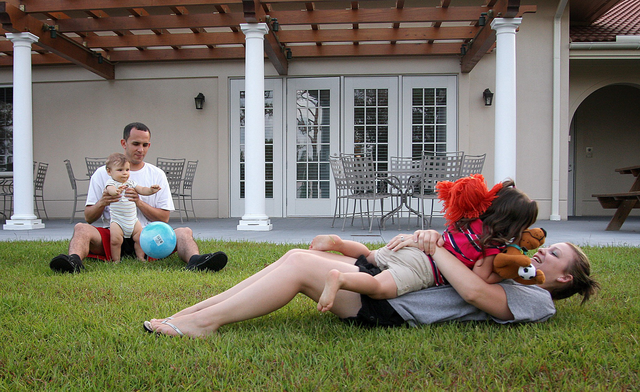“No Grier, No Game!”
That was the vow from University of Pittsburgh and Georgia Tech students prior to the 1965 Sugar Bowl, when Georgia governor and the Georgia Tech Board of Directors voted to ban Robert “Bobby” Grier from the field because of his race. The protests from the student players were heard and Bobby was able to play, marking a first for the Sugar Bowl and making Bobby a trailblazer for African Americans. Despite Pitt’s loss, the historic moment, along with his impressive record, led to Bobby’s induction in both the Sugar Bowl and the Pitt Athletic Hall of Fame.
Following graduation, Bobby served in the Air Force for 11 years, leaving service as a captain. He went on to a full career as an administrator at the Allegheny Community College in Pennsylvania. He married his college sweetheart, Dr. Dorothy Grier, who also had an impressive career in education, and the couple raised two children, Robert and Cassandra.
“I think that my parents instilled education. They just wanted us to feel good about ourselves. And that's what our parents did,” explained Cassandra. “They really instilled a high value of ethics, kindness, love towards your fellow human being. They helped in church, they helped in communities. So I just feel like he just embodied a wonderful father.”
In January of 2024, Bobby was hospitalized at the Pittsburgh VA Medical Center – University Drive. Cassandra drove up from Rockville, Maryland to be by his side, but she didn’t have a place to stay.
“One of the nurses just pulled me aside and said, ‘Hey, do you know about the Fisher House?’” Cassandra said. “I was kind of worried about hotels, where to stay and everything. And thank God they put me in there, because that was really the only way I could spend the last few months with Dad. It saved so much money in hotels.”
Cassandra was able to move into a room that first night. She said she felt safe and was impressed at how comfortable the Fisher House was.
“I was so surprised. Really surprised. I was surprised that it was as immaculate, as clean as it was, and just elegant. I didn't think it would be that way, because you kind of think it's going to be like a dorm room. It is going to be kind of like lackluster. But when I walked in, I was totally, totally pleasantly surprised.”
At Fisher House, Bobby was less than half a mile away and Cassandra could visit him two or three times a day. But while the proximity made a huge difference, it was the other guests, the staff, and the support network that made the real difference.
“So I could go back and forth. If I needed to go home, eat or whatever I needed to do. They were so kind,” she shared. “And that was beautiful. I mean, everybody on the staff was so loving. That's what’s really important, that in the hardest time in your life, when you have staff that treats you kind and with love, you need that.”
She went on to explain that it gave her a space to find the break she needed after multiple trips to the hospital each day.
“The room was very comfortable. I have pictures – it is gorgeous inside. It was clean. It was just peaceful. I think that's the biggest word. I just wanted peace,” she said. “And so when you come back from a hectic hospital run or whatever you have to do when you come back and just have a peaceful setting, there’s nothing like it.”
“The blessing is the food and everything. You don’t have to worry, and that's a real big blessing. They would have little socials and they would even have people come pray,” she continued. “It was just very nice and homey and a warm feeling.”
Throughout her stay she also spoke with other guests who felt the same way. She said that she and the other guests prayed together and encouraged each other.
Cassandra was able to stay with Bobby through March. He passed away in June of 2024 at the age of 91.
"It is a blessing to have a Dad that has always been a GIRL DAD and I will miss him for the rest of my life," she said.
She’s thankful for the comfort of the Fisher House during her father’s final days.
“So I just feel like the biggest thing is they made you feel comfortable. You didn't have to rush. You didn't have to worry about locking or being unsafe. You could keep your car. I didn't have to worry about parking or someone getting blocked in or anything like that. So those are the things that to me as a single woman is really, really important.”




















